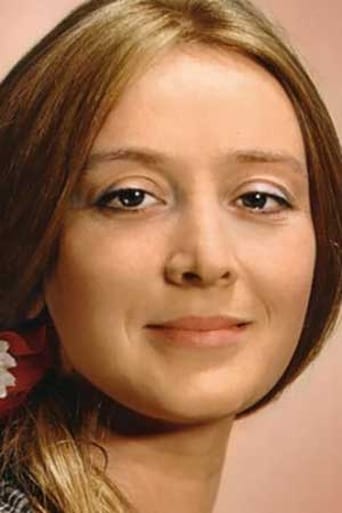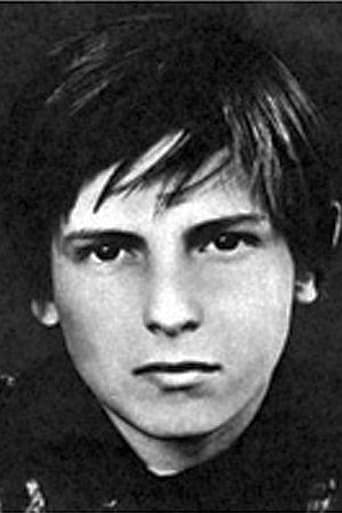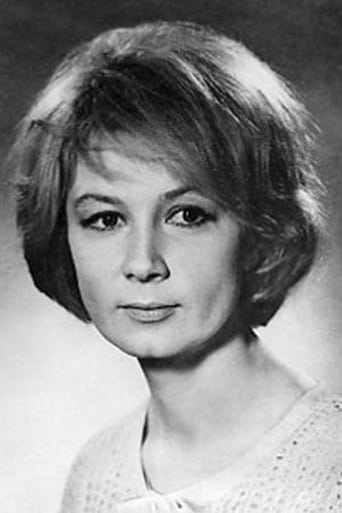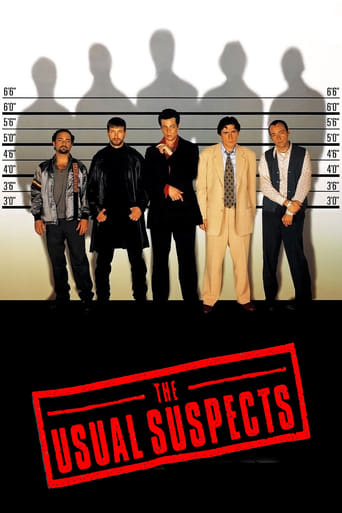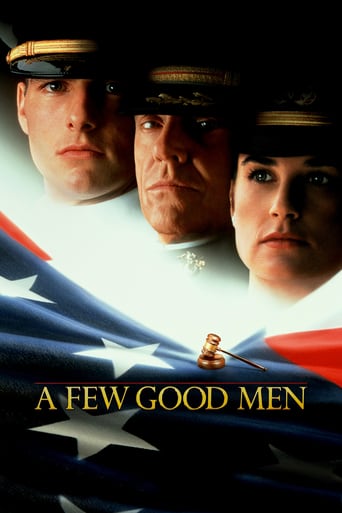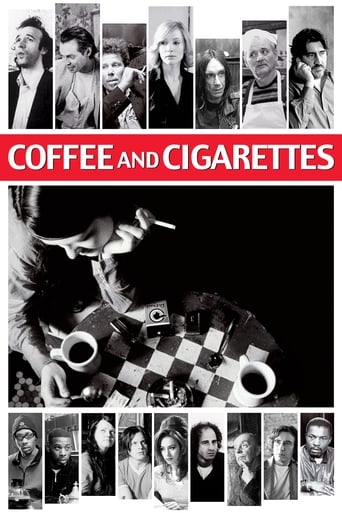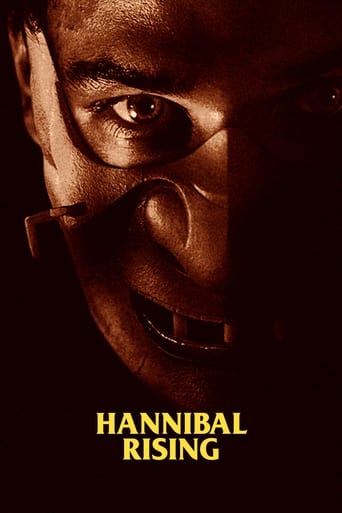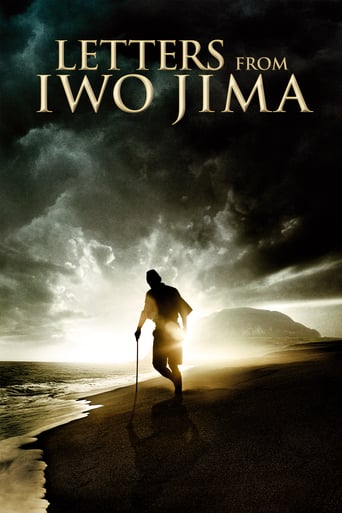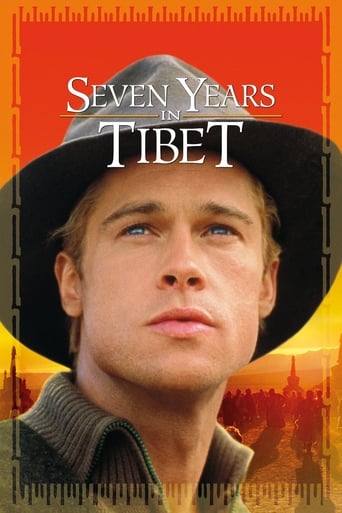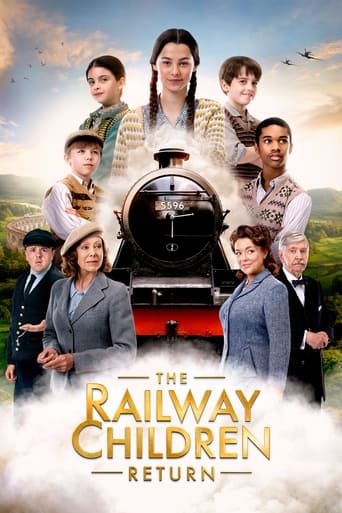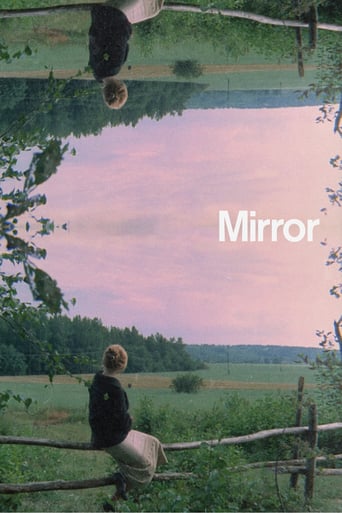
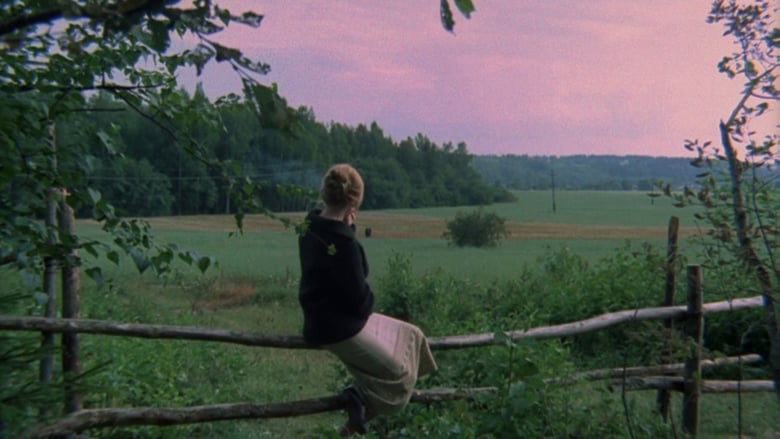
Mirror (2014)
A dying man in his forties recalls his childhood, his mother, the war and personal moments that tell of and juxtapose pivotal moments in Soviet history with daily life.
Watch Trailer
Cast


Similar titles
Reviews
I believe all art should strive towards some spiritual diviness, call it god, love or happiness, life itself, doesn't matter. It is a search for answer, for greatness, something bigger than oneself, something unexplanatory, only reachable through art, and The Mirror is like that light in the dark that finds this answer and expresses this spiritual divineness with such a tight grip on life itself, such an understanding that words, and our beloved logic and science, can't grasp or even comprehend. I believe Andrei must have been a person of great spiritual understanding and longing, otherwise how could he have been able to make this. The plot of the movie is tough to get around, but i don't think it's important to understand or try to describe this non-linear complexity. Everything is tied together through beautiful transitions and images, that all seems to be hiding behind som greater truth, some veil, like looking into a dream, or into far-away memories which i believe the movie truly is. Just memories that clutch so close to a persons soul and emotions, so it's like going through the prettiest of poems. Such magic! It's about reflecting upon those memories, and the life that you left behind, the person that you met, and most importent, the people you saw something in, the people you reflected yourself in, the mirrors of youself and everyone else, looking at yourself and seeing how everything is the same, everything is like looking through this giant mirror, everything is tied together. What a masterpiece!
always, each film of Tarkovsky , for me, is a church. in few cases, a cathedral. and this gives to him the advantage to be more than a remarkable director or a wise teller. "The Mirror" is a brilliant example. fragments of life. in not precise order. absence of story. each scene - a picture from a lost place. mixture of lives. and suggestion. and, in a moment, the feeling to be fragments from your life. all is beautiful and bitter and strange and familiar. because it is the story of a century. and its confession. because it is just a basket with memories. defining purposes and needs and expectations and words. because all is touching. and far. because, long time after its end, I preserved from it only the image of the mother of Tarkovski. as the mother. because it is a walk on the water. using as steps the presence of Arseny Tarkovsky and his poetry. the image of Oleg Yankovsky. and the look of the boy in the mirror. a film for who the descriptions/ definitions do not works. so, see it. for a form of view with yourself.
Tarkovsky is a great director for people who prefer to watch challenging films. A lot of his films have deep meanings behind them, and they can inspire a lot of discussion. I like to describe him as the Russian Kubrick. Like Kubrick, he would often tell simple, yet grand stories in his films. As a result, many of his films would seem like an astonishing feat. However, I'd actually say that "The Mirror" is the easiest Tarkovsky film to interpret. It has a simple, yet impressive meaning.A dying man named Alexei remembers different events from his past in pre-war, WW2, and post-war times. These events seem unconnected, and they don't appear to follow a particular storyline of any kind. This is also, arguably, his most personal film as many of its scenes heavily draw on Tarkovsky's own childhood such as the evacuation from Moscow to the countryside during WW2, a withdrawn father, and a mother who works as a proof-reader at a printing press.It may seem difficult to decipher this film at first, because the viewer will likely see no connection or storyline whatsoever in the events from the film. However, I feel like this is the easiest Tarkovsky film to interpret. Its plot is actually much more simple than what it seems like. If you were to think back to your first memories as a young child, you likely will only be able to remember a select few of them. You also might not be able to tell which events came first in your life. If you were to write it down on paper, those memories would not seem to follow a specific storyline or plot. It likely wouldn't make any sense if another person were to read it.This is exactly what is represented here. Alexei isn't able to clearly put the events from his life in any chronological order so what he does is he tries to remember whatever he can. We are basically getting a glimpse into this man's life seconds before he dies. I also feel like the camera is alive. I've seen people say this about many other movies in the past, but I think it applies to this film the most. I think that the camera is Alexei's eyes observing his memories as they go on. He appears in the film as an invisible, ghostly figure who sometimes gives narration over the scenes as he's reacting to what's going on. Further evidence which backs up this explanation is that near the end of the film, we see him resting in a hospital bed. That is him on his death-bed. Once you're able to figure that out, the movie becomes pretty easy to follow. Like all other Tarkovsky films I've seen so far, he's able to give this film a unique and creative meaning. If you think about it, its plot may seem simple at first, but Tarkovsky is able to handle the plot with so much excellence that the film feels very unique. He did this with a lot of his films. This is another one of the many reasons why he's such a great filmmaker.The cinematography in this film is brilliant. Tarkovsky usually does really good with the visual aspect of his films. It is almost dream-like. The mix between color and black and white makes for an impressive assortment of shots. Tarkovsky also used a mixed film stock in several segments in "Stalker". That film is still the most beautifully shot film that he's made. However, this one doesn't fall too far behind it. Several shots show stunning images of nature. Also, some of the black and white shots give out a bleak feeling to them. Also, the black and white images of war give a haunting feeling to the film. The film was pretty interesting, with its different visual styles.Also, its use of long takes helps to immerse us with the world around the characters from the film. They give us a lot of time to get used to the environments in the film, and they also show impressive scenery at many different angles. Several of the long takes stick out, but the most notable one is clearly the barn burning scene. It can be sometimes difficult describing why it works so good. It could be the nice lighting, the great shots that it focuses on, the bottle which falls down from the table, or the unnerving feeling that the scene gives you. It is a really immersive scene which is one of the most memorable scenes from the 70's. Tarkovsky nailed the visual aspect of this film as well.In conclusion, this movie does a very good job at representing Tarkovsky's talent in filmmaking. Its confusing story structure may seem confusing at first, but it is actually a lot simpler than you think. However, Tarkovsky handles it in a way where it stands out a lot. Also, the visuals are beautiful. I liked "Stalker" a little more, but I was not disappointed by this film. It may not have given me a feeling that I couldn't have enjoyed it any more than I did, but it's still a visually impressive, unique film. To be fair though, it did take me a few viewings to really love "Stalker". This film could grow on me a lot as well on subsequent viewings.
Ignat turns on the television and steps back, the camera panning behind his head placing the spectator into his mind (or into his consciousness). We watch what he watches – a doctor helping a teenager overcome a speech impediment. The two shots that precede the pre-title sequence are a curious opener for a film, but could not be a more appropriate way to begin The Mirror (1974), Tarkovskii's introspective study into memory. The televised examination of the stutterer is one of those rare, inexplicable moments that stand out when reflecting on one's childhood: we cannot control the distinctive images or brief flashes that stick, but for some odd reason they do.The Mirror is a tremendously personal film, with Tarkovskii's father Arsenii reading his own poetry, and (I assume) many of the past sequences and dreams lifted from the filmmaker's own life (we even see a poster for the director's second endeavor Andrei Roublev (1966) during a pan in the phone conversation). Tarkovskii turns the abstract, the metaphysical and the spiritual into something concrete in his images. The film is loosely structured playing as if a recollection of memories with each scene a strong impression from the past. The rich greens, the moment with the fence breaking and doctor laughing, the gust of wind as he walks away and the burning barn all seem as though Tarkovskii is reconstructing vivid incidents from his youth and transcribing them to celluloid. Tarkovskii often employs his trademark meditative long takes; each shot an investigation into motion as the filmmaker dwells on subtle textures such as the dripping of water, the river stream and the strength of the wind. The title The Mirror evokes a reflection, possibly the way we reflect upon and dream about our own past experiences. Our nostalgic and imaginative visions from the past maintain a realness that "objective" history lacks. In the final moments of our life, all we have are our learned experiences and flashes from our memories as Tarkovskii gives us a bird leaping from the hands of the dying man cutting to the sun setting in the open field, the childhood house and the mother laying in the grass.


